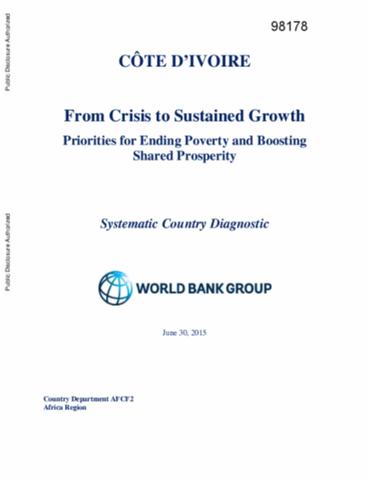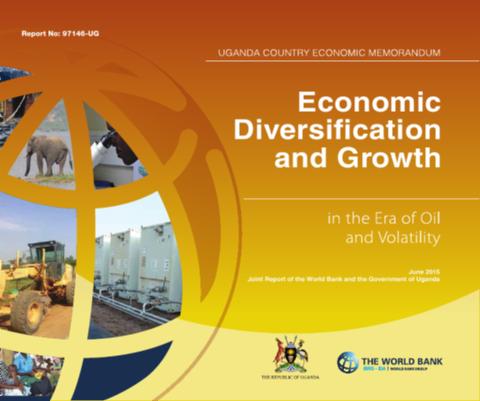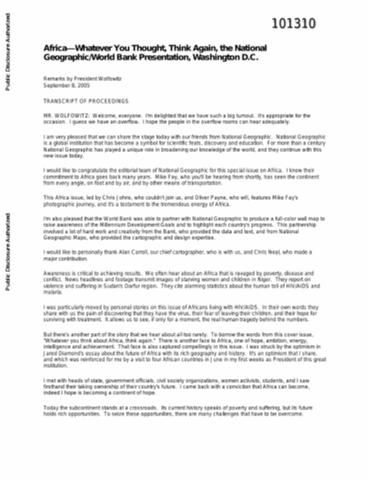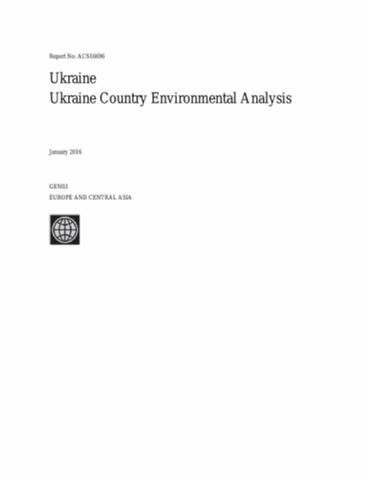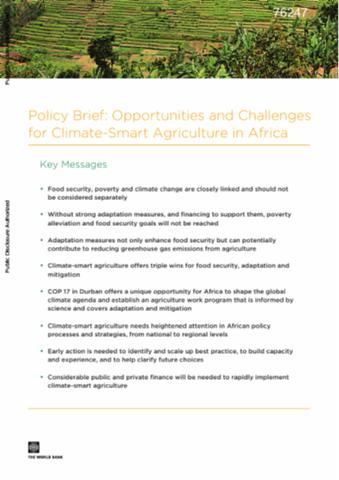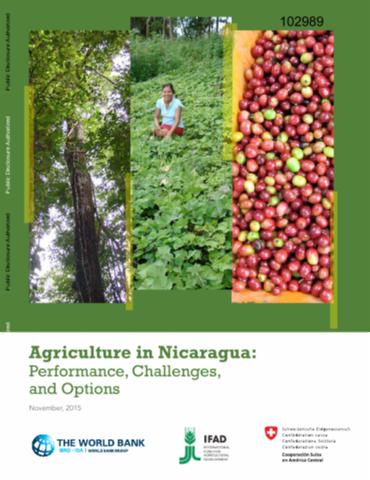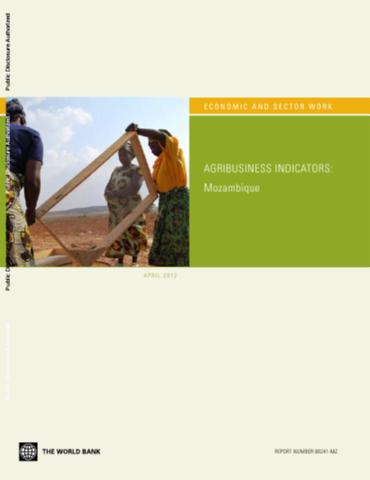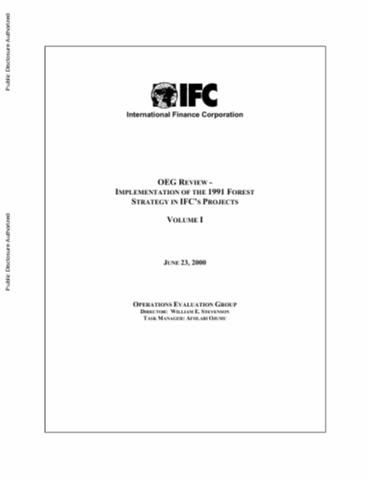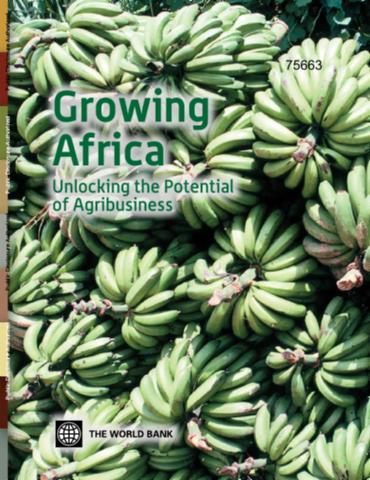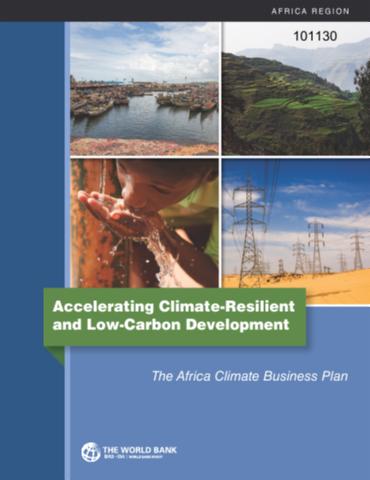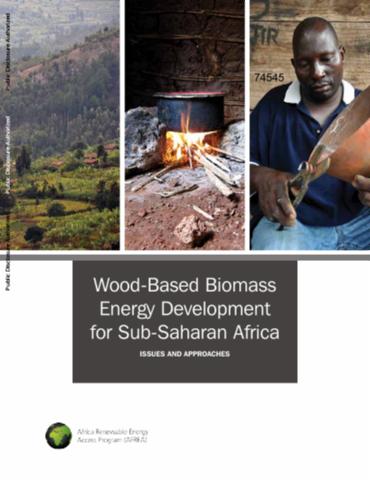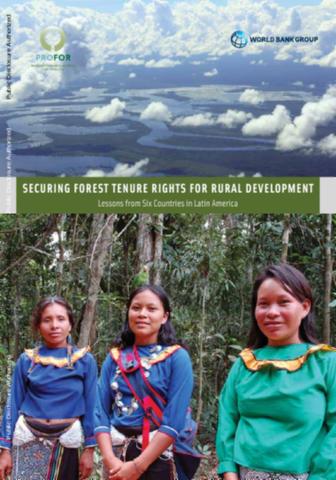Cote d'Ivoire
This systematic country diagnostic is structured in two main parts, one backward looking and the other forward looking. The backward-looking analysis aims to draw lessons on the determinants of poverty and sustainable and inclusive growth from (a) stakeholder consultations; (b) a poverty profile; (c) a jobs profile; and (d) a review of Cote d’Ivoire’s experience, and a comparison with Ghana and Sri Lanka, countries with similarities to Côte d’Ivoire, but with different growth trajectories.

